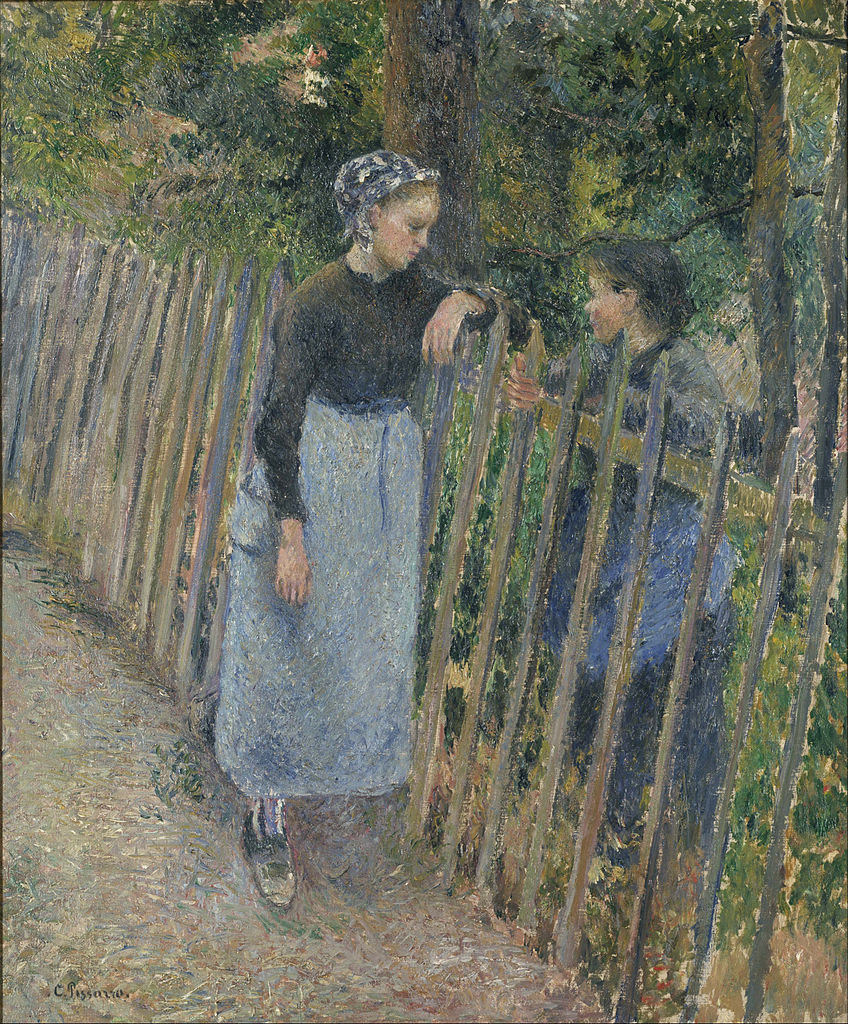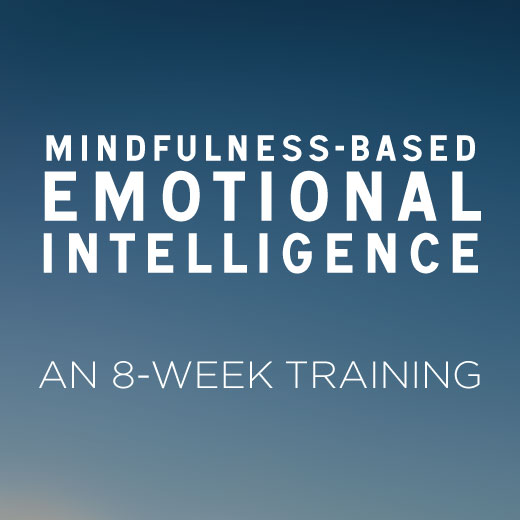 Most people, most of the time, treat conversation as a form of information exchange. You tell me what you're having for dinner tonight, I tell you what I did at work today, you tell me where you went on your vacation, etc. The assumption is: the value of connection comes from the content we exchange.
Most people, most of the time, treat conversation as a form of information exchange. You tell me what you're having for dinner tonight, I tell you what I did at work today, you tell me where you went on your vacation, etc. The assumption is: the value of connection comes from the content we exchange.
Similarly, when communication doesn't work or a relationship falls flat, we often blame the content. "They don't care about things that interest me." "We never talk about deep stuff."
While there is some value in shared interests, much research has pointed to the far greater value of non-verbal cues in the overall experience of communication. Psychologist Albert Mehrabian famously discovered that in communications of our attitudes and opinions, only 7% of the meaning comes from the words themselves. The rest is embedded in our facial expressions and body language. More recent research has pointed out that when we are most deeply connected, we feel each other’s feelings in our own bodies—this is true empathy.
One result of this deep connection is a vital physiological process called “co-regulation”. Researchers Butler and Randall at the University of Arizona put it well, "The emotions of each individual within a dyad [a pair of people] are constantly in flux, depending on the emotions and behaviors of the partner. If emotion co-regulation is in effect, the result will be a decrease in overall emotional distress.”
In other words, co-regulation is an automatic coming-back-into-balance that happens when two people connect well. It’s a natural function of our status as herd animals—our nervous systems relax from being in contact with other human nervous systems.
While this process is dependent on focused attention and empathy, it is NOT dependent on content. In other words, you can benefit from co-regulation (i.e. feel less stressed, happier, more energetic) from talking about anything! It doesn’t need to be a deep heart-to-heart. It doesn’t even need to be about the issues that might be stressing you out.
What’s more, in a pinch, you can do this with anyone who is willing to connect—something to consider the next time you find yourself in a casual conversation with your grocery store clerk!
Some questions: Who in your life co-regulates you well? How well do you nurture those relationships? What can you do to bring awareness to the non-verbal aspects of your interactions, maximizing the benefit of co-regulation?


v3pl61
lbgg5c